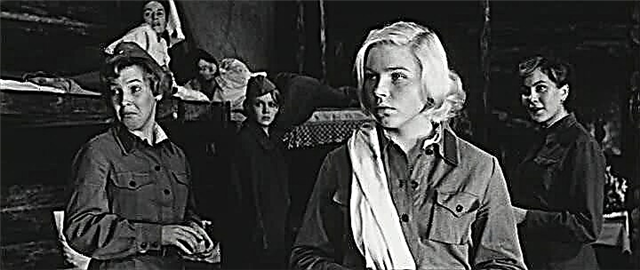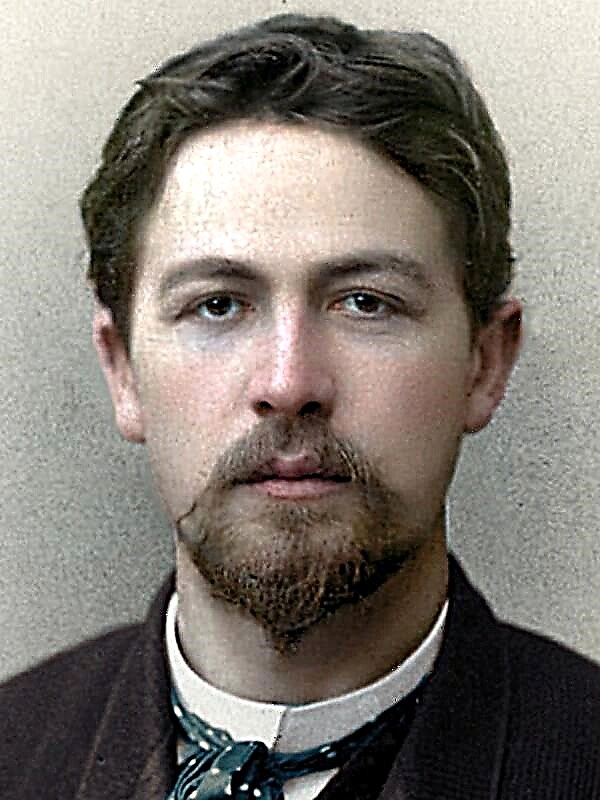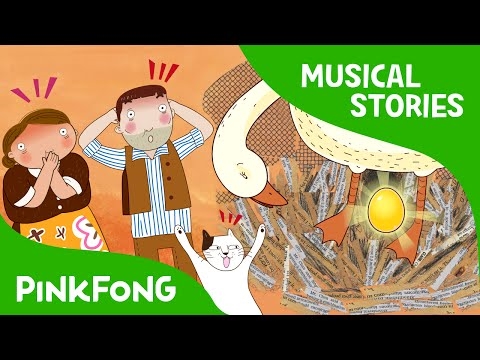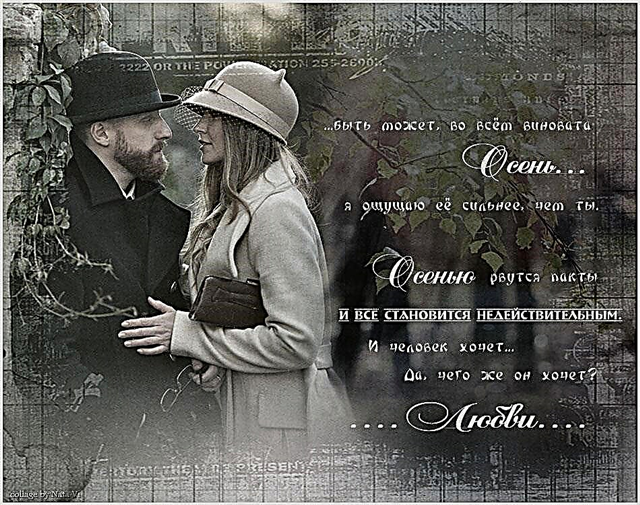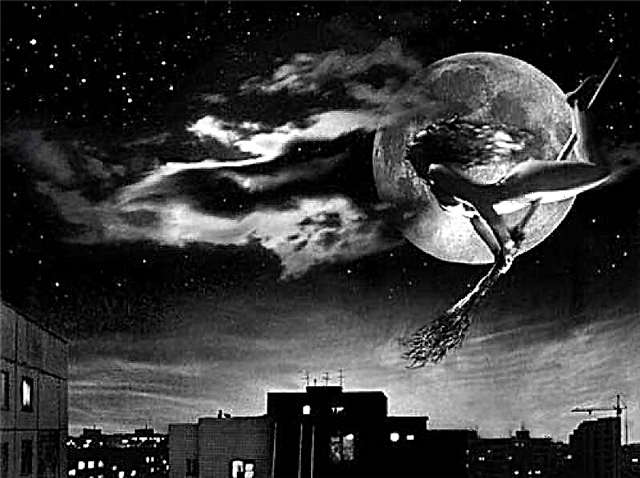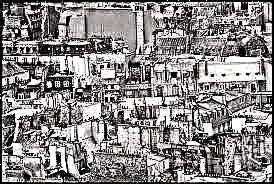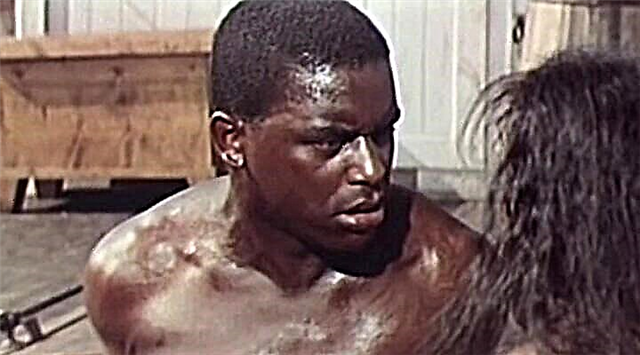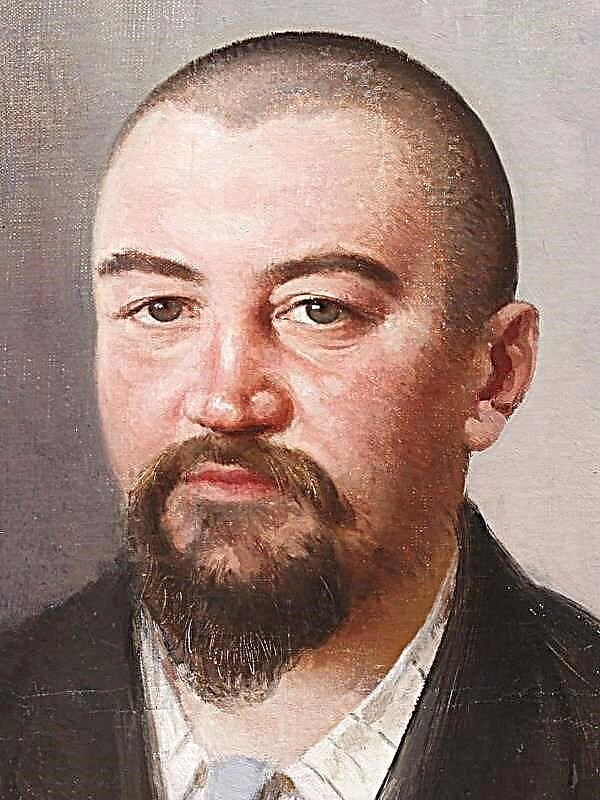The narrator recalls the groom. He was always considered a man in the family: his late father was a friend and neighbor of his father. In June of that year, he visited with them on the estate. On Petrov’s day there were father’s name days, and at dinner he was announced by the groom.
On July 19, Germany declared war on Russia. In September, he arrived for a day - to say goodbye before leaving for the front. Everyone believed that the war would end quickly, and the wedding was not canceled, but only postponed. After dinner, the narrator walked with the groom for a long time in the garden, and he recalled Fet's poems: “What a cold autumn! Put on your shawl and hood. ” She said that he would not survive his death, and he replied that he would wait for her there: "You live, rejoice in the world, then come to me."
In the morning he left. The storyteller’s mother put a small silk bag around his neck - it contained a golden icon worn by her father and grandfather in the war.
They killed him a month later in Galicia. Thirty years have passed since then, the storyteller has experienced a lot. In the spring of the eighteenth year, when her father and mother were no longer alive, she lived in the basement of a merchant in the Smolensk market and sold something of her remaining - a ringlet, a cross, a fur collar, beaten by a moth.
Here on Arbat, the narrator met a wonderful man, an elderly retired military man, whom she soon married.With her husband and his nephew, a seventeen-year-old boy, she left for Yekaterinodar and stayed in the Don and Kuban for more than two years.
In winter, with a huge crowd of refugees, they sailed from Novorossiysk to Turkey. On the way to the sea, the storyteller’s husband died of typhus. She had only three relatives left: her husband’s nephew, his young wife and their seven-month-old daughter.
After some time, my nephew and his wife sailed to the Crimea, to Wrangel, where they disappeared. Their daughter, the storyteller, had to raise one.
The narrator lived in Constantinople for a long time, with hard, black labor, earned a living for herself and the girl. Then they wandered, went through Bulgaria, Serbia, the Czech Republic, Belgium, Paris, Nice. The girl grew up, remained in Paris, became a Frenchwoman, very nice and completely indifferent to the woman who raised her. The storyteller remained to live in Nice "what God sends."
So the storyteller survived the death of the only loved one. She ardently believes: somewhere there he is waiting for her. She “lived, rejoiced” and will soon come to him.

